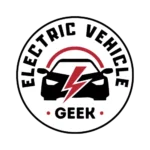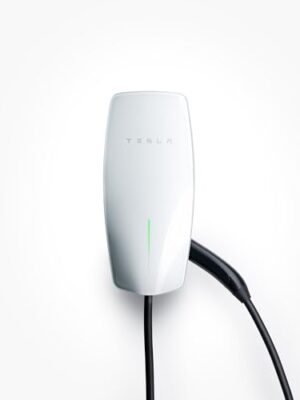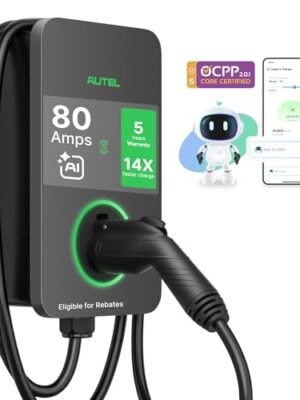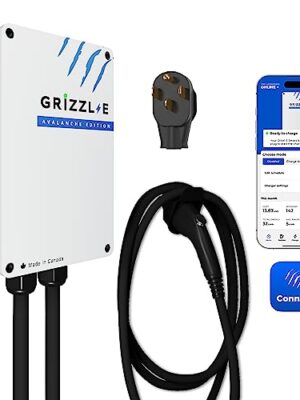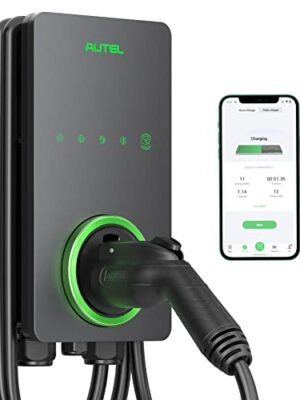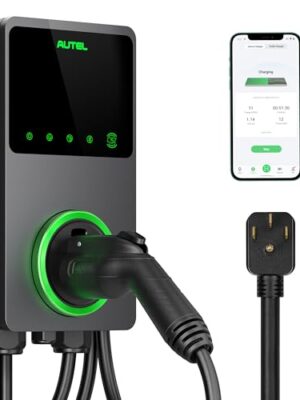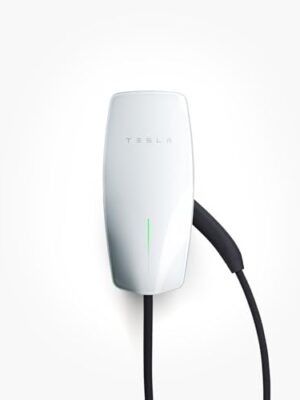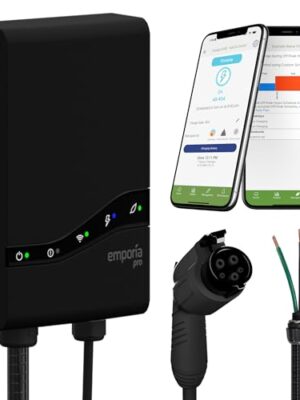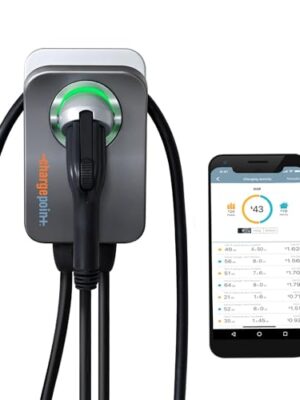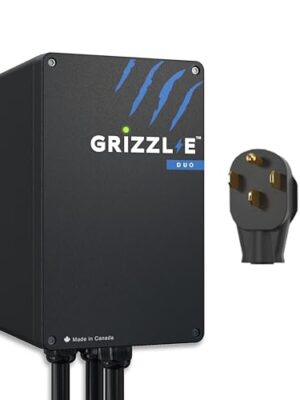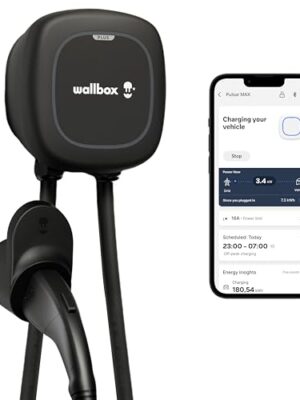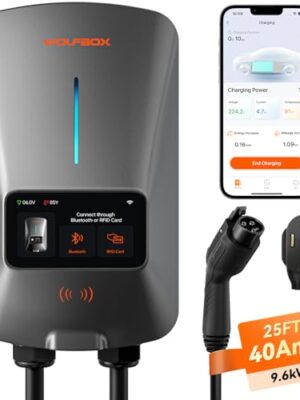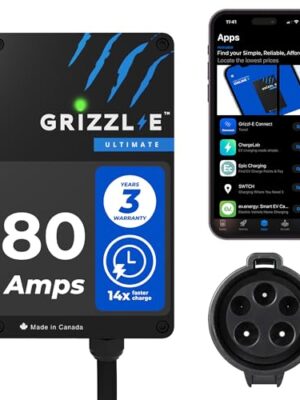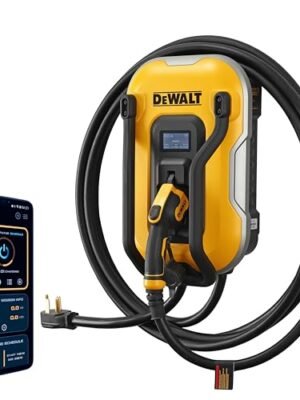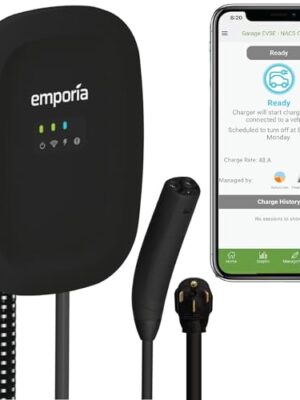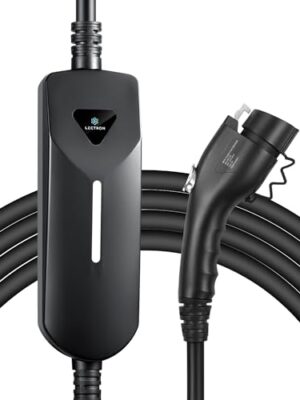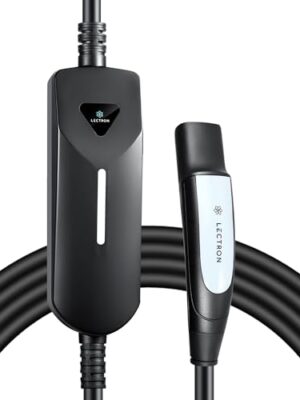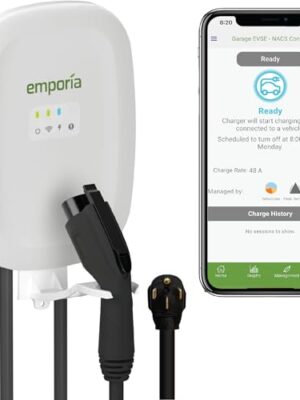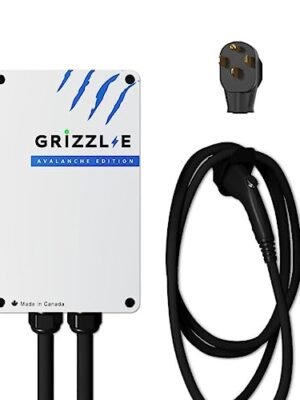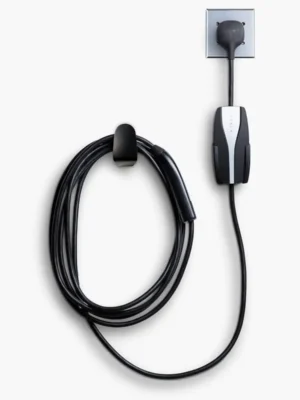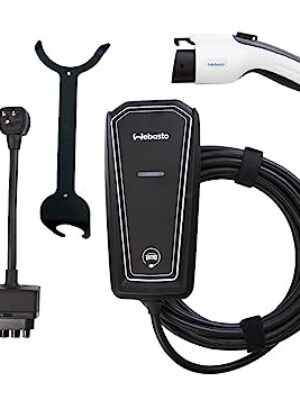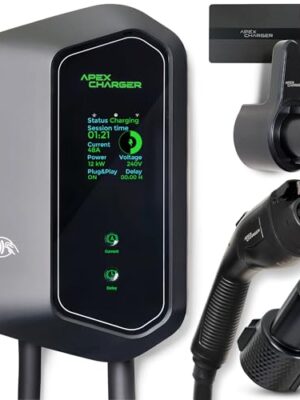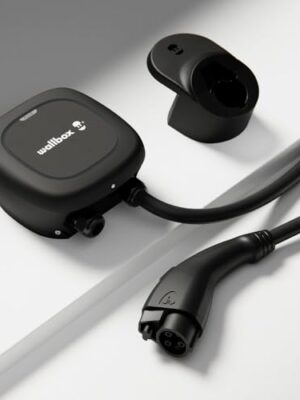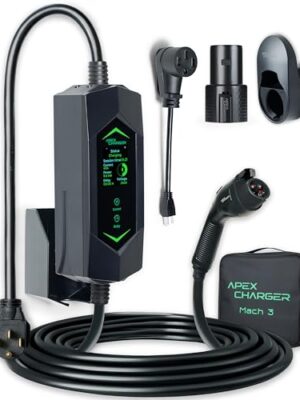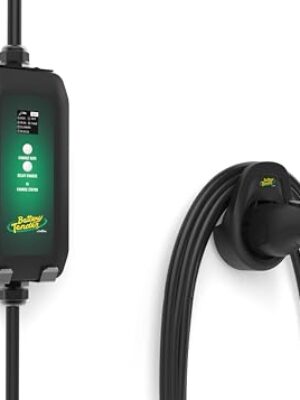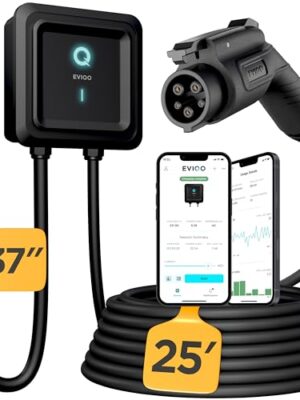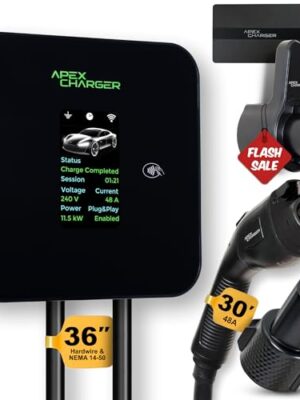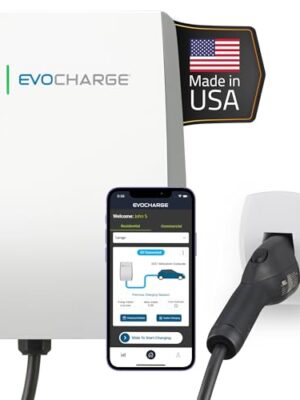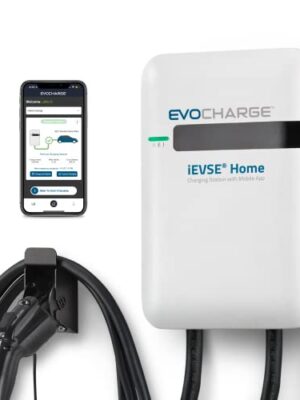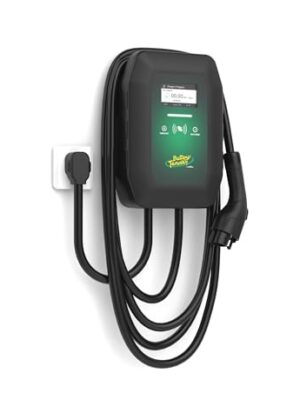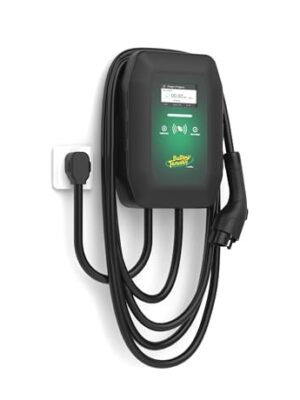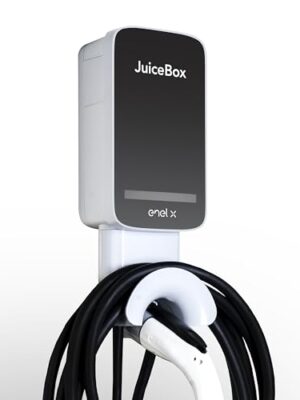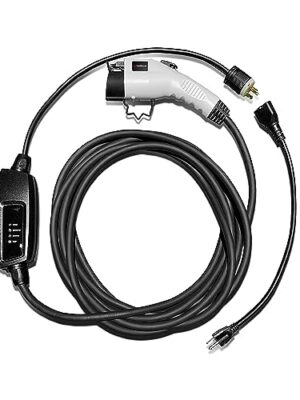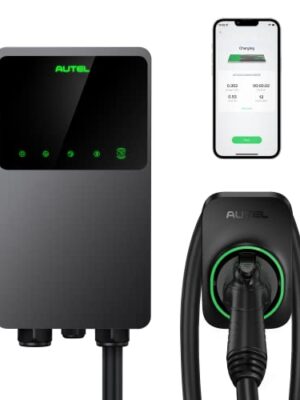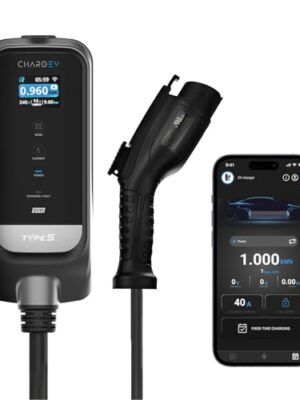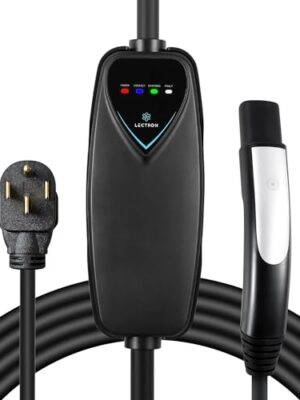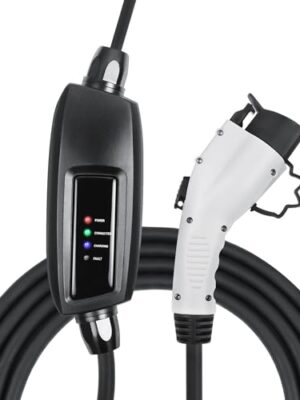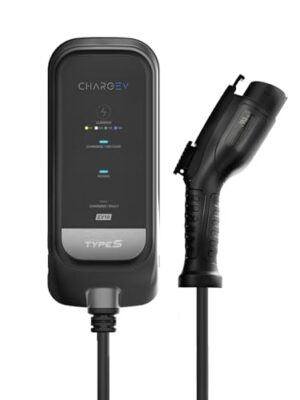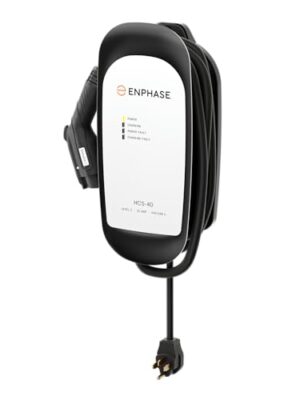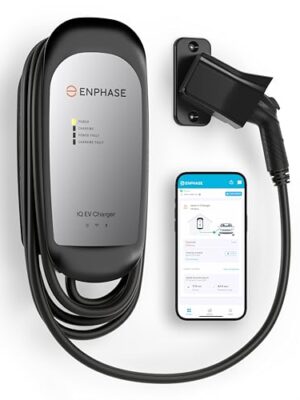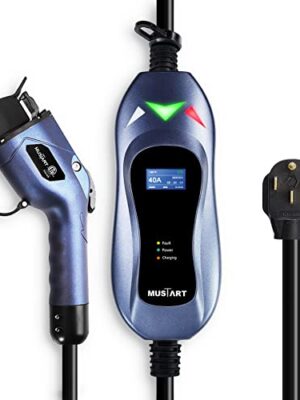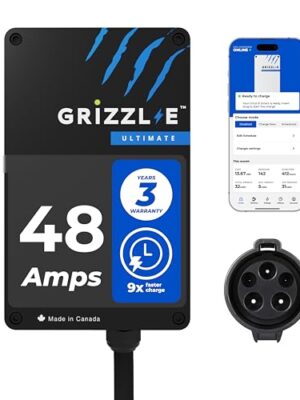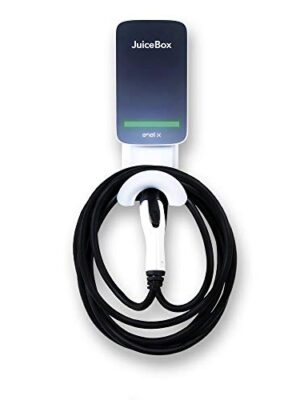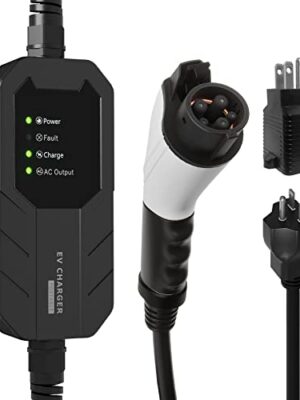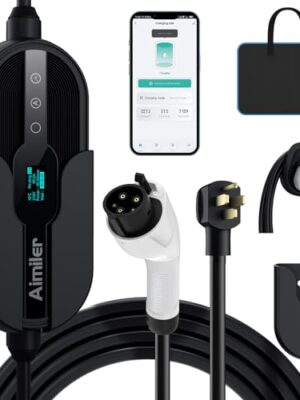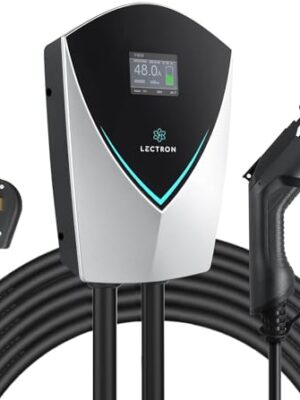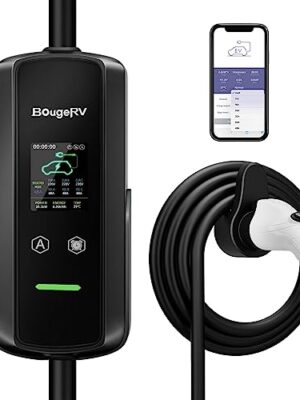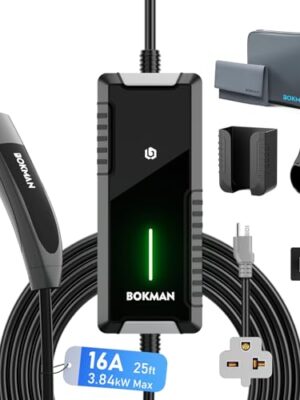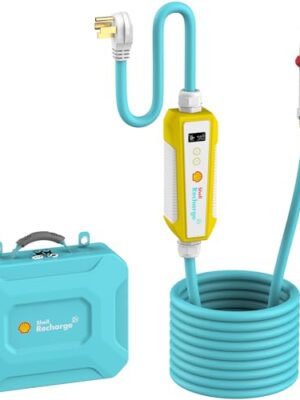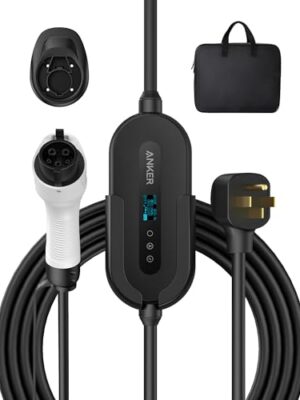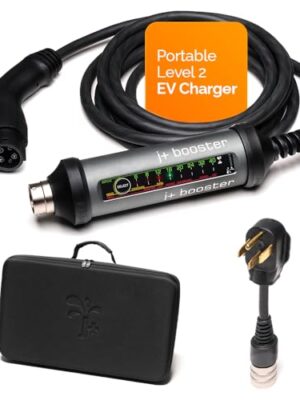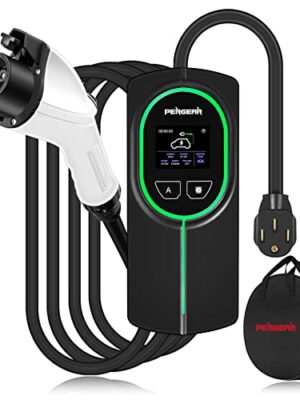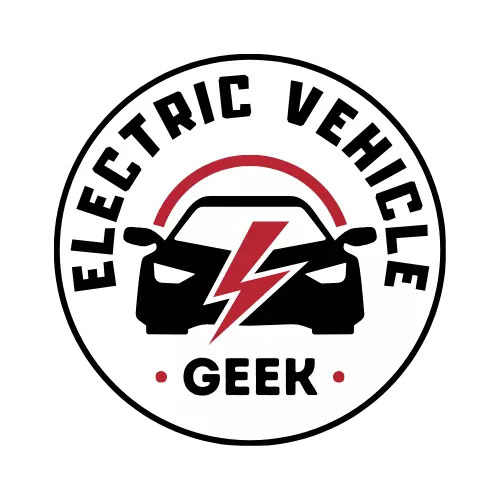Supported by you via insider access, and when you purchase through links on our site, we may earn an affiliate commission. See our Affiliate Disclosure.
Best 240V Electric Vehicle Chargers for Home Charging
Use the “Compare” button on each product to select multiple chargers, then click the ⚖️ scale icon to see a full side-by-side comparison.
240V Electric Vehicle Chargers Reviews
Our 240V EV chargers reviews are ranked by expert ratings, providing a clear look at the best chargers available. Each unit is evaluated on a 1–10 scale across ten essential criteria: Features, Real-World Performance, Build Quality, Durability, Craftsmanship, Design, Value for Money, Overall Product Worth, Brand Trust, and Professional Assessment.
Quickly narrow your search using our custom 240V EV charger filters: brand, connector type, power input, charging level, power (kW), rated current (A), adjustable amperage (A), cable length, safety certifications, and smart features.
For full details, click a charger image or title to read the complete review. Comparing multiple chargers? Use the “Compare” button below each charger, then click the ⚖️ scale icon to view a side-by-side comparison of specs and expert ratings, helping you make a confident, informed choice.
Plug-in vs. Hardwired 240V EV Chargers
There are two main types of 240V EV chargers: plug-in and hardwired. The right choice depends on your setup and needs. Plug-in models are great if you already have a 240V outlet and want portability or easy DIY installation. Hardwired chargers deliver more power and a clean, permanent setup—ideal for faster charging and outdoor use.
240V Plug-in EV Chargers
240V Plug-in chargers can deliver up to 9.6kW at 40 amps. They’re easy to install if you already have a 240V outlet, such as a NEMA 14-50 outlet, making them a convenient option for most homes.
240V Hardwired EV Chargers
240V hardwired EV chargers can deliver up to 19.2kW at 80 amps. They’re permanently connected to your home’s electrical system, offering a cleaner, more professional look—ideal for homeowners seeking faster charging and a more integrated setup.
Why Choose a 240V Electric Vehicle Charger?
A 240V electric vehicle charger, also known as a Level 2 EV charger, offers significantly faster charging than 120V EV Chargers. For battery electric vehicles (BEVs), a 240V charger can recharge the battery from empty to 80% in about 4 to 10 hours. Plug-in hybrid electric vehicles (PHEVs) can reach a full charge in just 1 to 2 hours.
Whether you’re driving a Tesla, Jeep, Ford Mustang Mach-E, Chevy Bolt, or any other EV model, a 240V home EV charger ensures faster charging speeds than a typical 120V EV charger.
What Are the Electrical Requirements for a 240V EV Charger?
Installing a 240V EV charger at home requires the following:
Dedicated 240V circuit
240v EV chargers require a 20 to 100-amp circuit depending on the charger's amperage.
Breaker panel capacity
Your electrical panel should have enough capacity to handle the added load and breaker.
NEMA outlet or hardwiring
Plug-in models use 240V outlets like NEMA 14-50, while hardwired chargers are connected directly
Professional installation
For safety and code compliance, a licensed electrician should handle the installation.
Wiring a 240V Plug-in EV Charger
A 240V plug-in Level 2 EV charger connects to a 240V outlet, which may have either a three-prong or four-prong configuration. Common three-prong 240V outlets include NEMA 6-30, 6-50, 10-30, and 10-50, using two hot wires and a ground. Four-prong 240V outlets—like NEMA 14-30 and 14-50 include a neutral wire. The right outlet depends on your 240V EV charger’s plug type and home electrical system.
Four-Prong 240V EV Charger Outlet Wiring Diagram
The wiring diagram below shows a four-prong 240V outlet setup for plug-in EV chargers, including common outlets like NEMA 14-30 and NEMA 14-50. These outlets use two hot wires (L1 and L2), a neutral (N), and a ground (G).
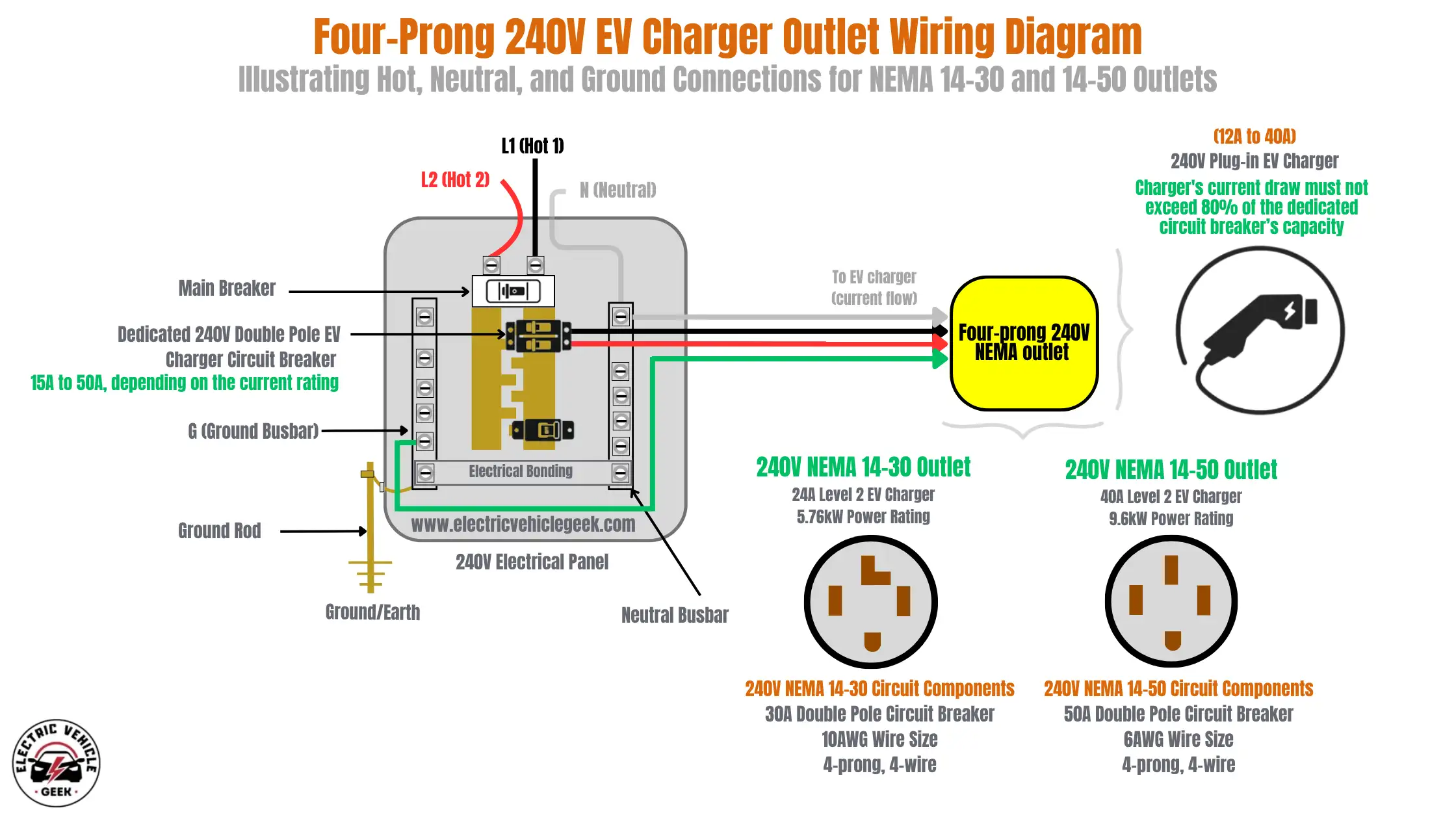
Three-Prong 240V EV Charger Outlet Wiring Diagram
Three-prong 240V outlets come in two configurations: modern electrical systems with two hot wires and ground (Hot-Hot-Ground) and older electrical systems with two hot wires and a neutral (Hot-Hot-Neutral), all of which support 240V plug-in EV charger installations.
Hot-Hot-Ground 240V EV Charger Outlet Wiring Diagram
The diagram below shows a hot-hot-ground 240V plug-in EV charger circuit that supports 240V outlets with hot-hot-ground configurations, including NEMA 6-15 (15A), NEMA 6-20 (20A), NEMA 6-30 (30A), and NEMA 6-50 (50A).
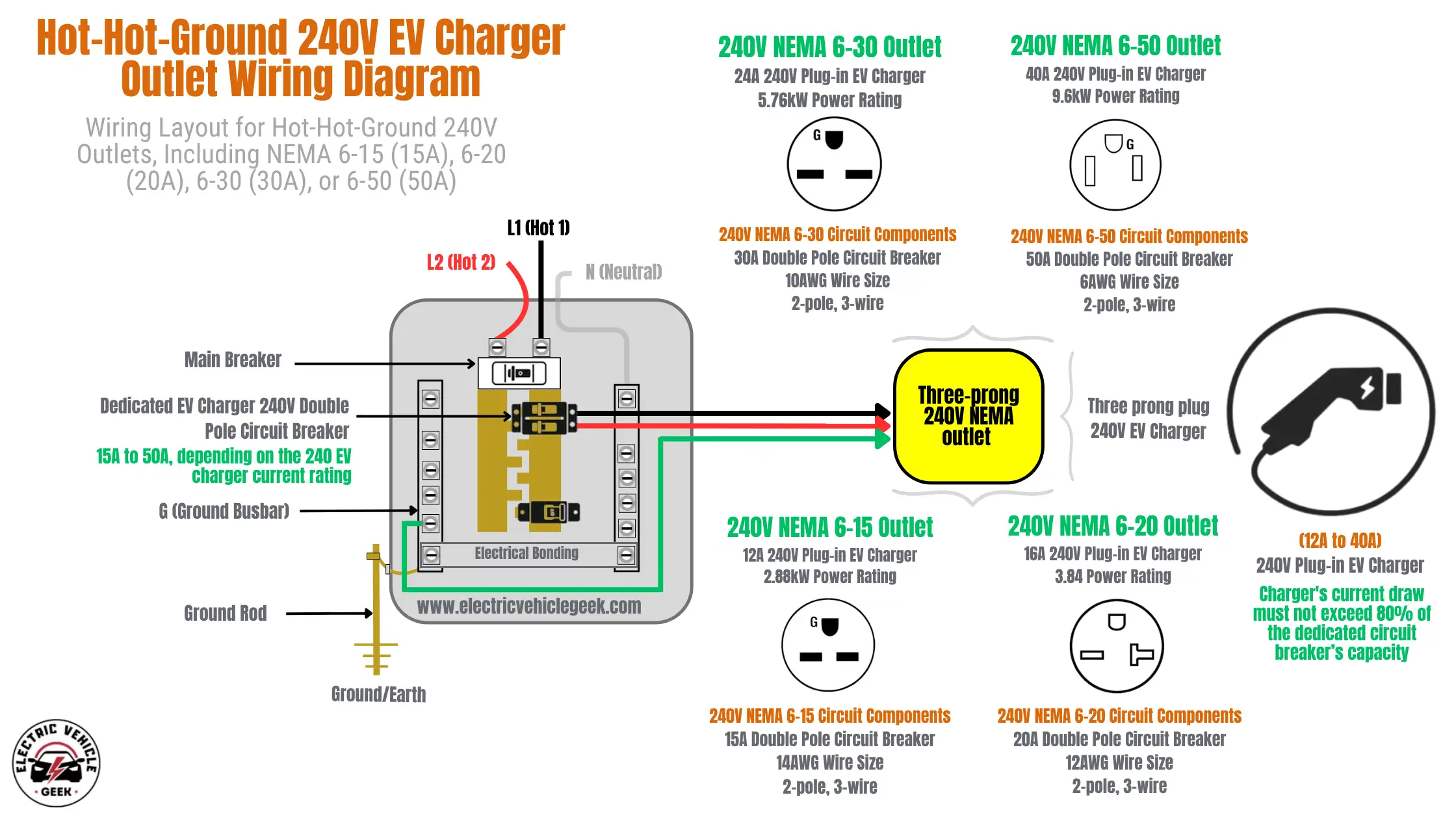
Hot-Hot-Neutral 240V EV Charger Outlet Wiring Diagram
The diagram below shows a hot-hot-neutral 240V plug-in EV charger circuit that supports outlets with hot-hot-neutral configurations, including NEMA 10-30 (30A, 240V) and NEMA 10-50 (50A, 240V).
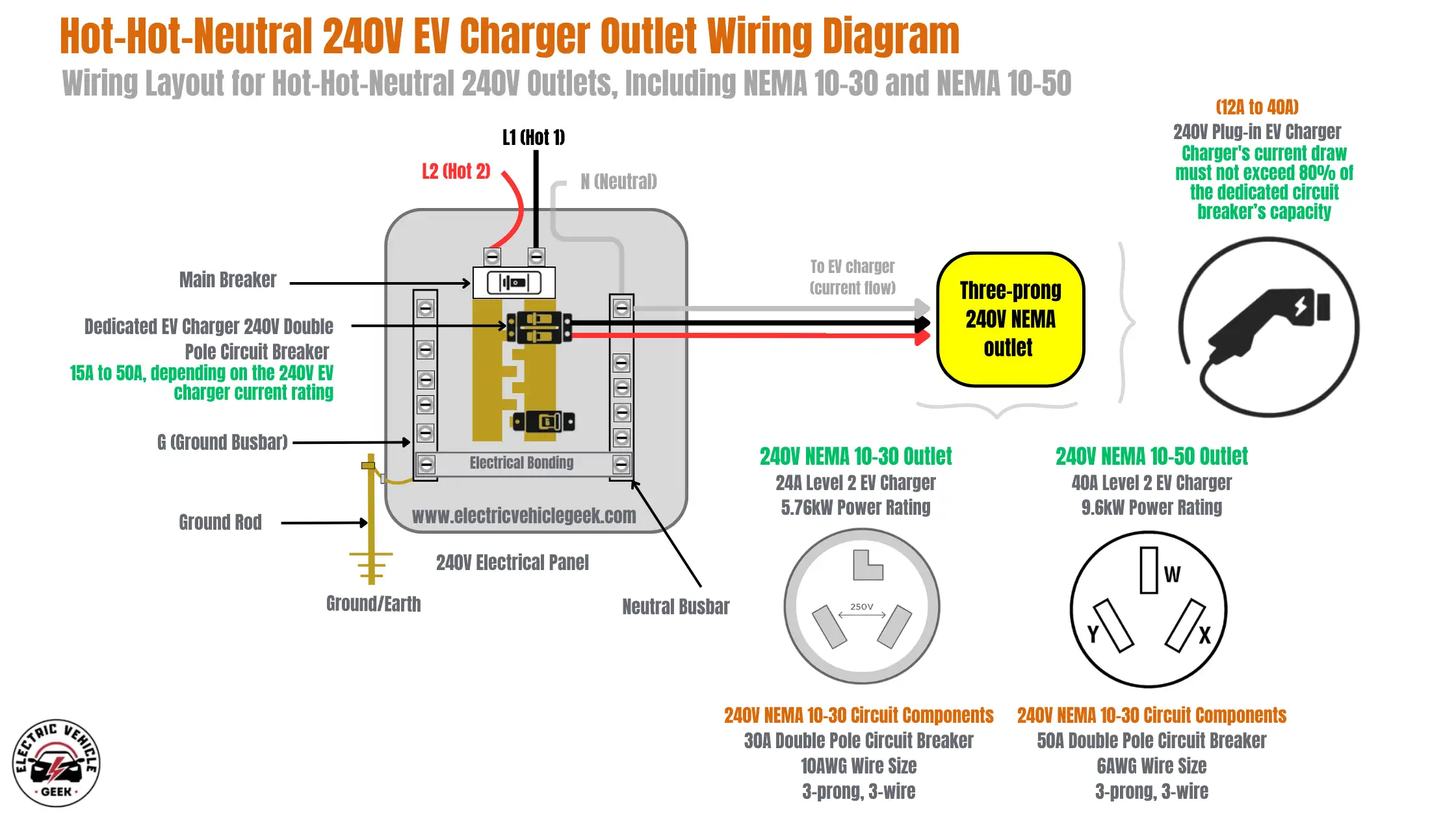
Wiring a 240V Hardwired EV Charger
A 240V hardwired EV charger installation requires a dedicated 15A to 100A circuit breaker and copper wiring sized between 14 AWG and 2 AWG, depending on the charger’s power rating (2.88 kW to 19.20 kW). Wiring configurations typically follow either a three-wire or four-wire setup, based on the charger’s 240V terminal requirements
Three-Wire Configuration 240V Hardwired EV Charger Wiring Diagram
The diagram below shows a 240V three-wire hardwired EV charger circuit, which typically consists of two hot wires (L1 and L2) and one ground wire (G). This configuration does not include a neutral wire, as it is not required for most 240V EV chargers.
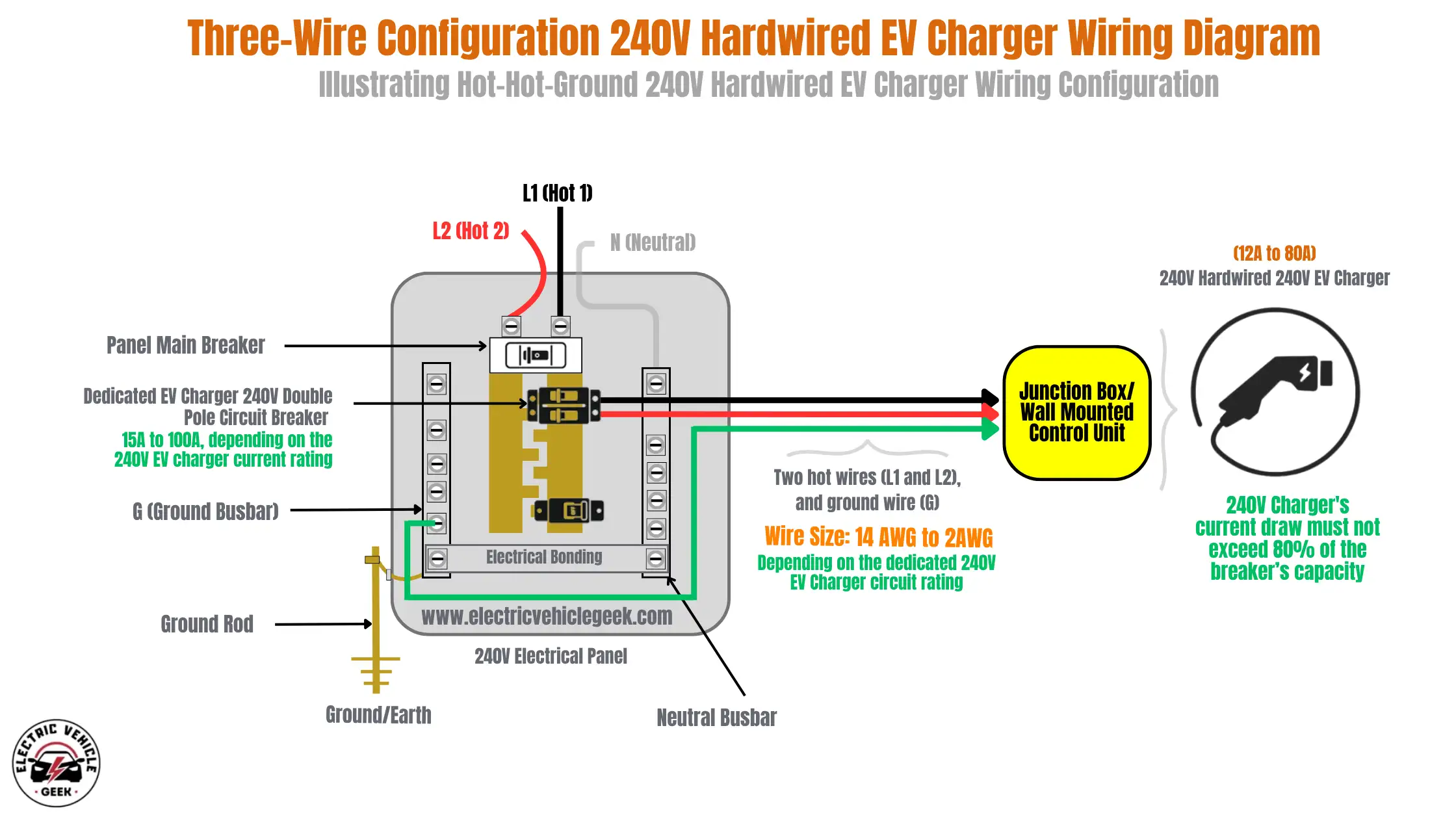
Four-Wire Configuration 240V Hardwired EV Charger Wiring Diagram
The diagram below shows a 240V four-wire hardwired EV charger circuit, which consists of two hot wires (L1 and L2), one neutral wire (N), and one ground wire (G). This configuration is more common in modern installations, offering greater safety and flexibility – especially for high-amperage hardwired 240V EV chargers.
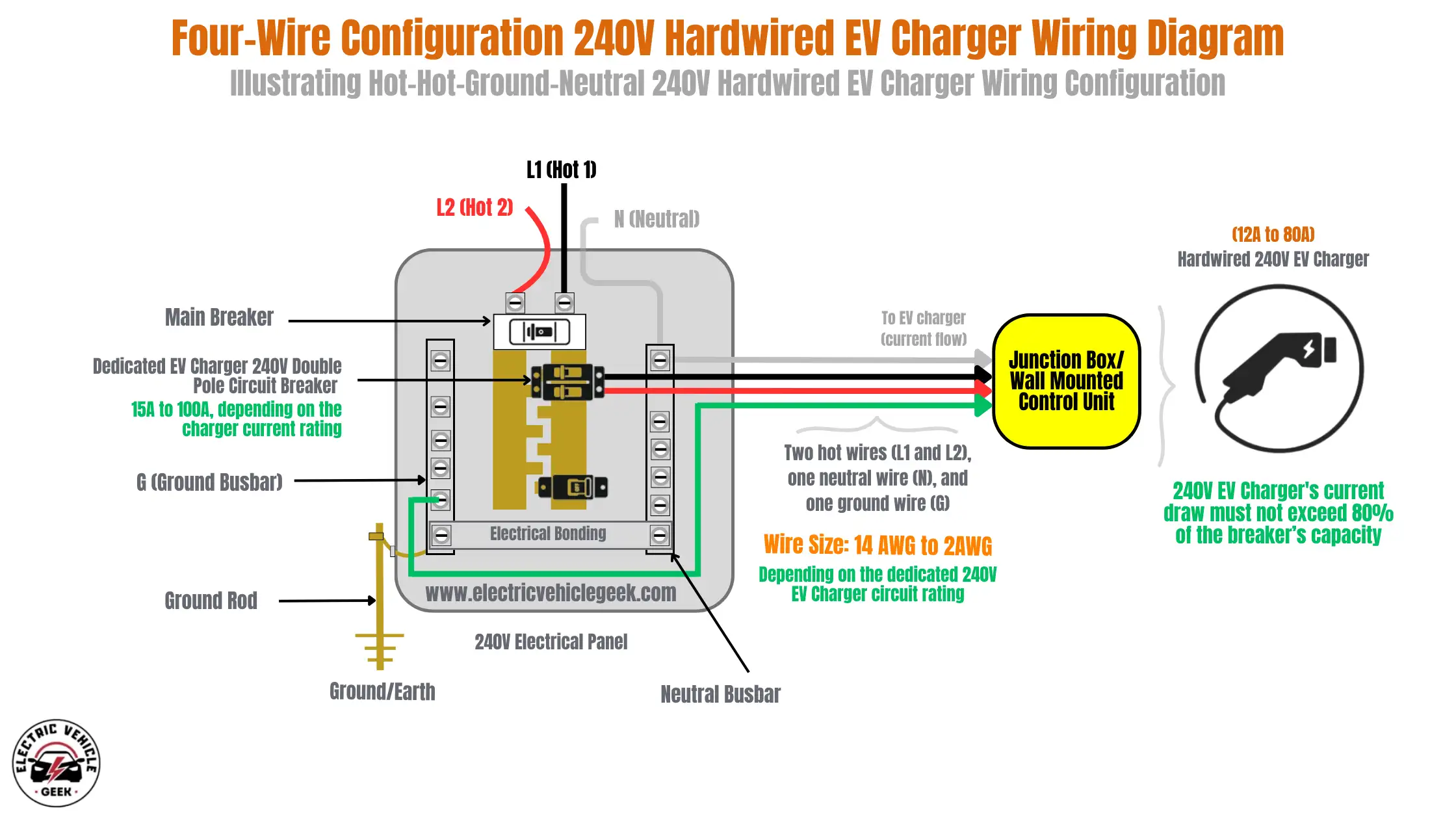
Save Up to 20% on Your 240V EV Charger Purchase and Installation
Get up to 20% off buying and installing your 240V home EV charger by making smart choices. We’ll help you find a dependable charger that fits your current needs and is built for the future. Click below for a personalized recommendation and installation consultation tailored to your EV and home setup.Why Choose Us?
Top-Rated Products
We offer only the most reliable and inhouse tested EV chargers just for you.
Charge Faster. Drive Farther.
Upgrade your EV experience today with a reliable, efficient 240V EV charger that suits your lifestyle. Browse our full collection and make your daily charging routine faster, safer, and smarter.
You’ve Got 240V Electric Vehicle Charger Questions, We’ve Got Answers.
